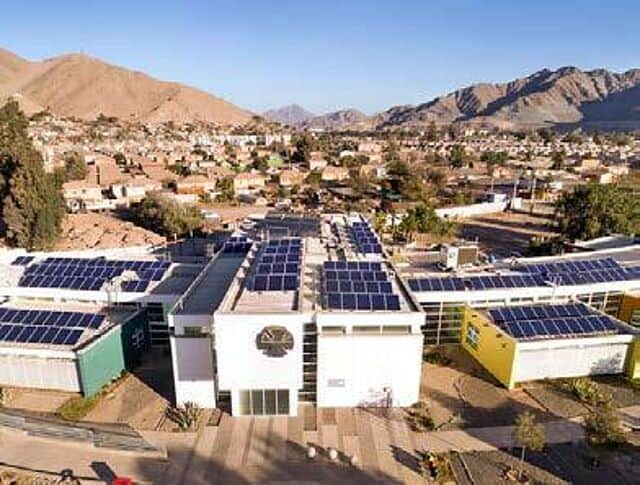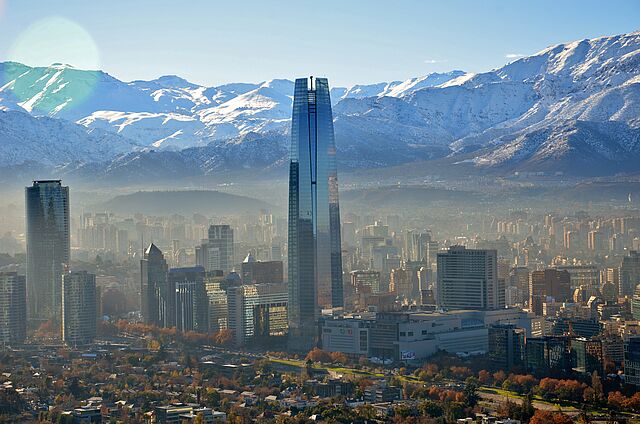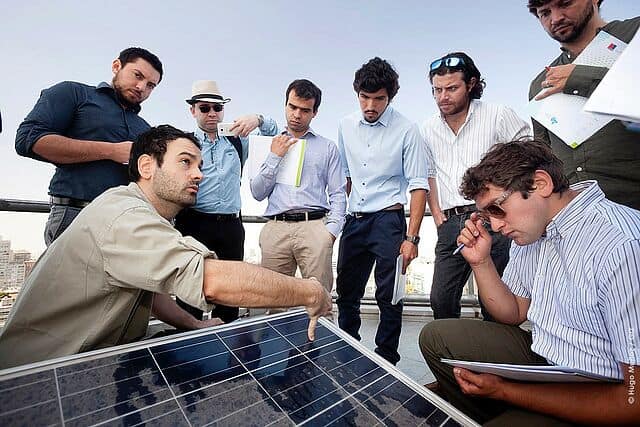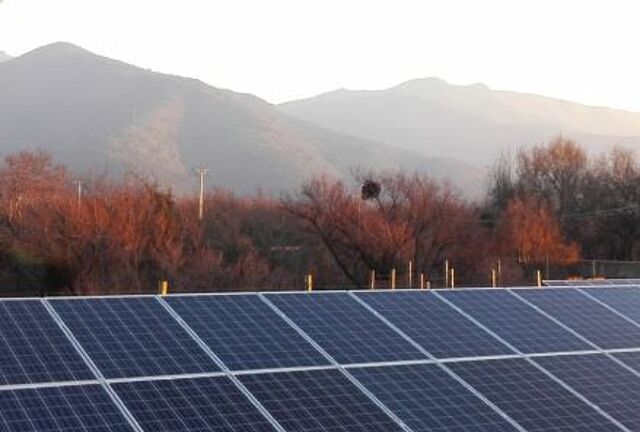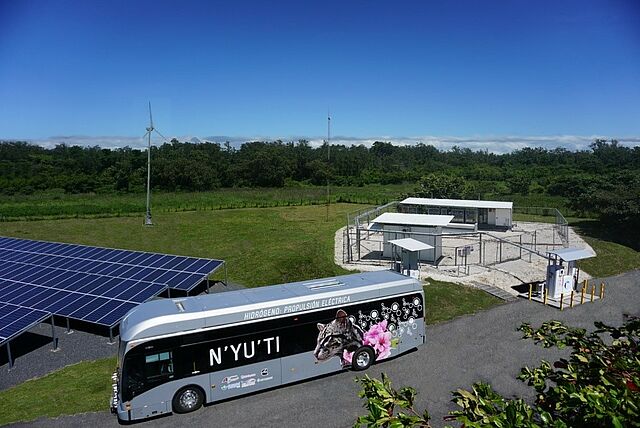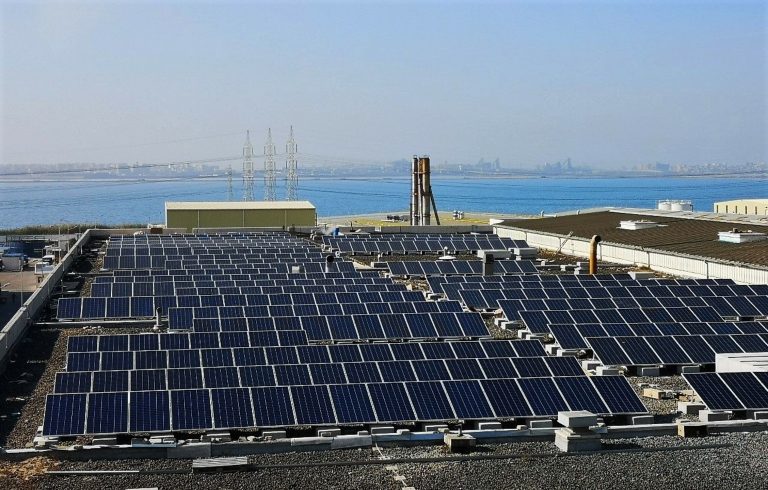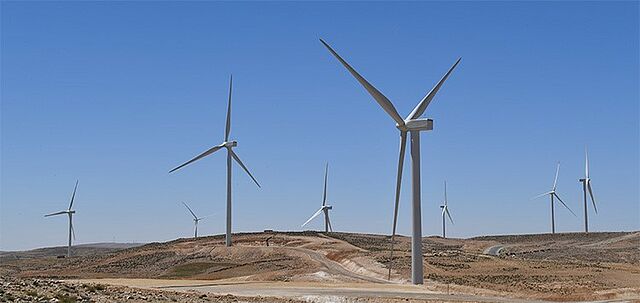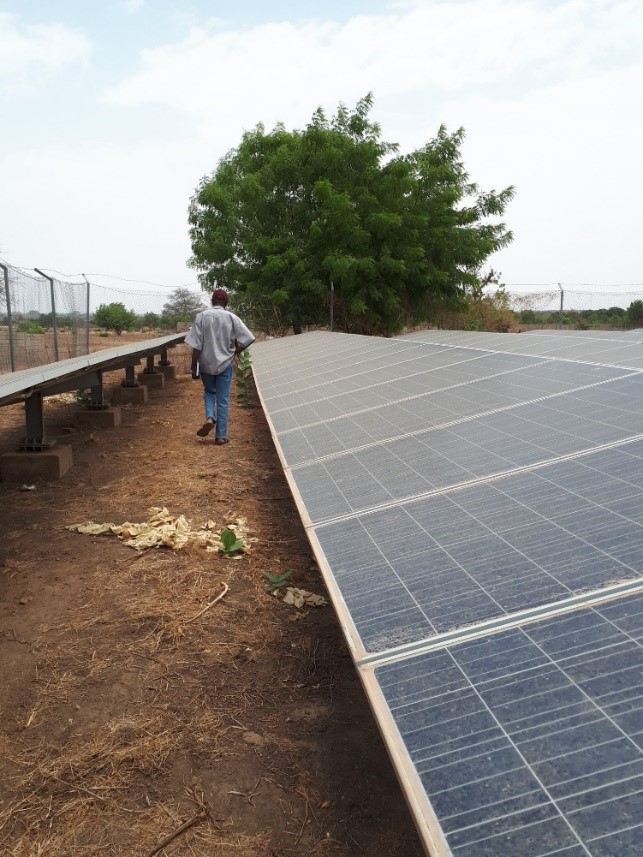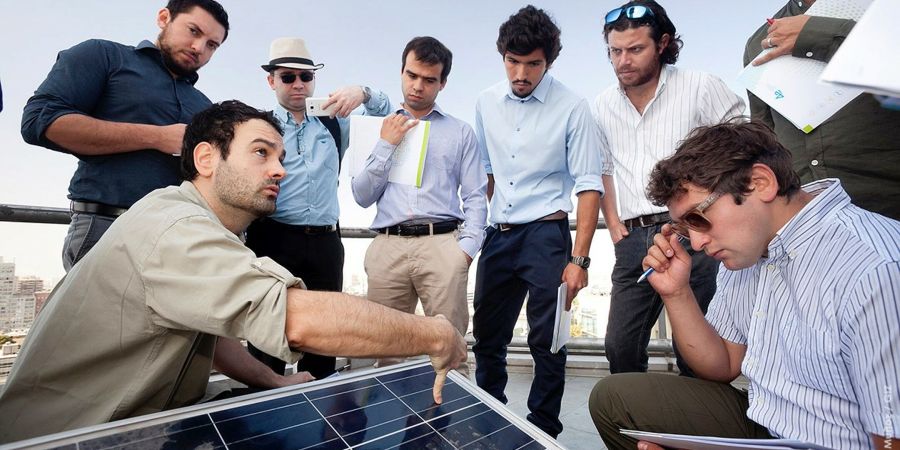
Background: The energy sector is key to Chile’s efforts in meeting its Nationally Determined Contribution (NDC) pledge. In 2013, emissions from the energy sector amounted to 85.1 million tons of C02e, equal to around 77 % of Chile’s national emissions excluding land use, land-use change and forestry (LULUCF). The electricity generation sector represents the main source of CO2 emissions and was responsible for emitting 34.4 MtC02e in 2013, which corresponds to 31.3% of the country’s total emissions. Consequently, the potential for mitigation actions, particularly by incorporating renewable energies (RE) in the system is significant.
Approach to Transformational Change: Chile’s project aims to reduce greenhouse gas (GHG) emissions by fostering renewable energy systems in small- and medium-sized businesses. It can therefore contribute to increased energy security, improved quality of energy services at lower costs and creation of new job opportunities.
Based on a lack of awareness, capacities and experience among potential users as well as service and technology providers, the project has been raising awareness and building local capacities by conducting trainings and workshops for stakeholders in the private and public sectors. Technical support has also been provided through a designated help desk, through knowledge exchanges as well as through the development of a greenhouse gas inventory for the small-scale energy sector.
To remove barriers and incentivise the incorporation of decentralised renewable energy (self-supply RE) systems in private and public infrastructure in the short term, the project aims to provide co-financing for feasibility studies for investment grants to establish these systems, as well as for training and advisory services to improve the financial sector’s understanding of self-supply RE. A guarantee fund is planned to be set up to support the provision of loans by financial institutions to SMEs wishing to use renewable energy systems for their own needs.
Mitigation potential: It is estimated that the project could help reduce GHG emissions amounting to 1.5 million tons CO2e during the technology lifetime.
Visit the project’s official website [available in Spanish] to learn more about it.

